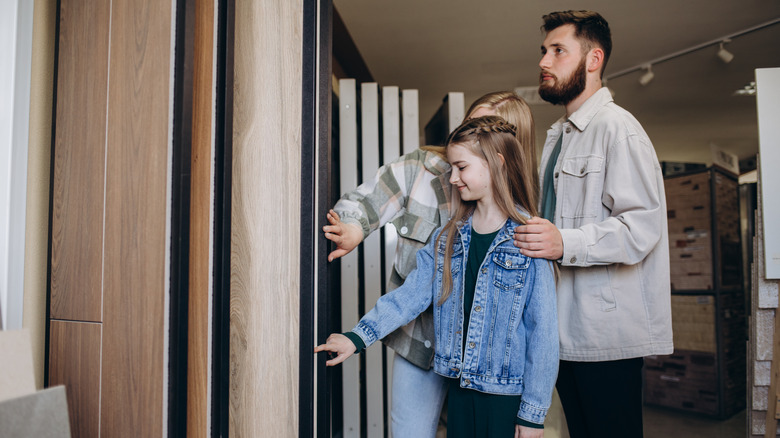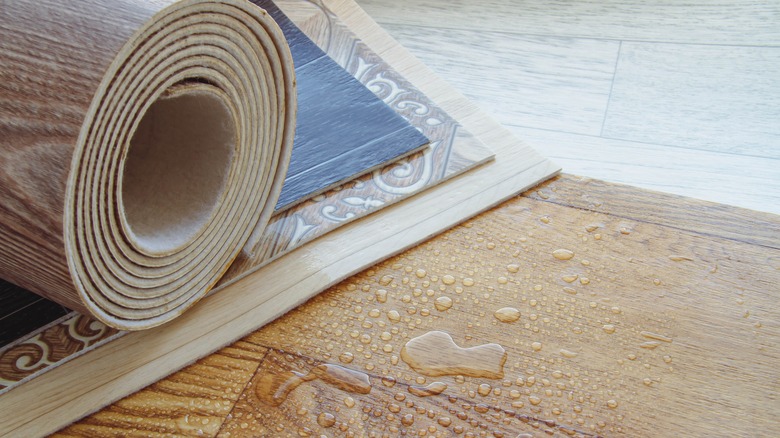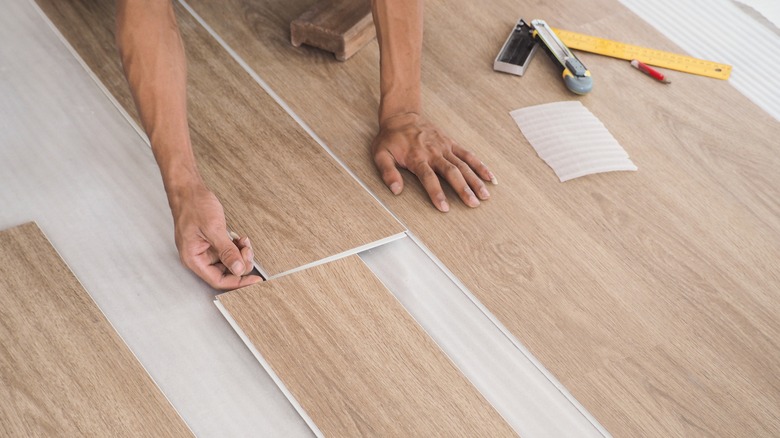Which Vinyl Flooring Is Better, Sheet Or Plank? It Depends
Home renovation is an exciting process that can quickly become overwhelming. At first, choosing the best flooring may seem daunting. There are many options on the market, so you may feel uncertain as to what type of flooring will best fit your needs and budget. Vinyl flooring is popular as it is easy to clean and budget-friendly. However, once you've decided on vinyl flooring, you'll have another choice to make: sheets or planks. Vinyl sheets and vinyl planks are both good options, but the best flooring for you will depend on a few factors. When making a choice, you'll want to consider your needs, the installation process, the cost, and the overall look of the flooring.
Typically, a floor endures a lot of use. Vinyl flooring is able to handle high amounts of foot traffic, which is why it's popular in both residential and commercial buildings. Vinyl sheets are large panels that are easy to maintain. Planks are long pieces that, when put together, mimic the look of more expensive wood flooring. While they're both sensible options for the home, you may find that one type of vinyl flooring will meet your needs better than the other.
The pros and cons of vinyl sheet flooring
After you've decided that vinyl flooring is right for you, you'll need to select an appropriate option for your space. Cost-wise, vinyl sheets cost less than planks. It can be purchased for as little as 50 cents to $1.50 per square foot. Similar to planks, sheets are made with a composite plastic that's resistant to stains and damage. They also offer the same ease of installation, making them suitable for a DIY flooring solution as opposed to hiring someone else to do it for you. Vinyl sheets usually come in rolls of 6 or 12 feet and can be cut to fit your needs, so they're easy to customize and fit to any room regardless of shape or size.
Just remember that cheap faux wood which lacks the texture and flaws of natural wood can look very artificial. These low-priced options are often less successful at tricking the eye, and cheaper options sometimes have an appearance that reflects the cost.
The pros and cons of vinyl plank flooring
Though both sheets and planks are more affordable than many other types of flooring material, vinyl plank flooring will usually cost more than sheet. Typically, they'll run between $1.50 and $3 per square foot. Though they are costlier than sheets, vinyl planks come in luxury options which are intended to better mimic a natural wood grain floor. So, if you're looking to have the appearance of wood without the cost, you might want to consider them first. They are attractive alternatives to hardwood planks but are more scratch-resistant and can be waterproof. Installation is also much simpler. Many vinyl planks have adhesive backing that you can peel and stick to the floor below. Other configurations are interlocking and can be snapped into place with just a bit of elbow grease.
However, it should be noted that more realistic luxury plank carries a higher price tag. Luxury vinyl planks can cost up to $10 or more per square foot. The price usually reflects the overall look, feel, and durability of the flooring. While sheets are still scratch-resistant, most vinyl planks have a solid water-resistant core and treated outer layers that protect them from further wear and tear. Depending on your budget, the extra cost may be worth the investment.


